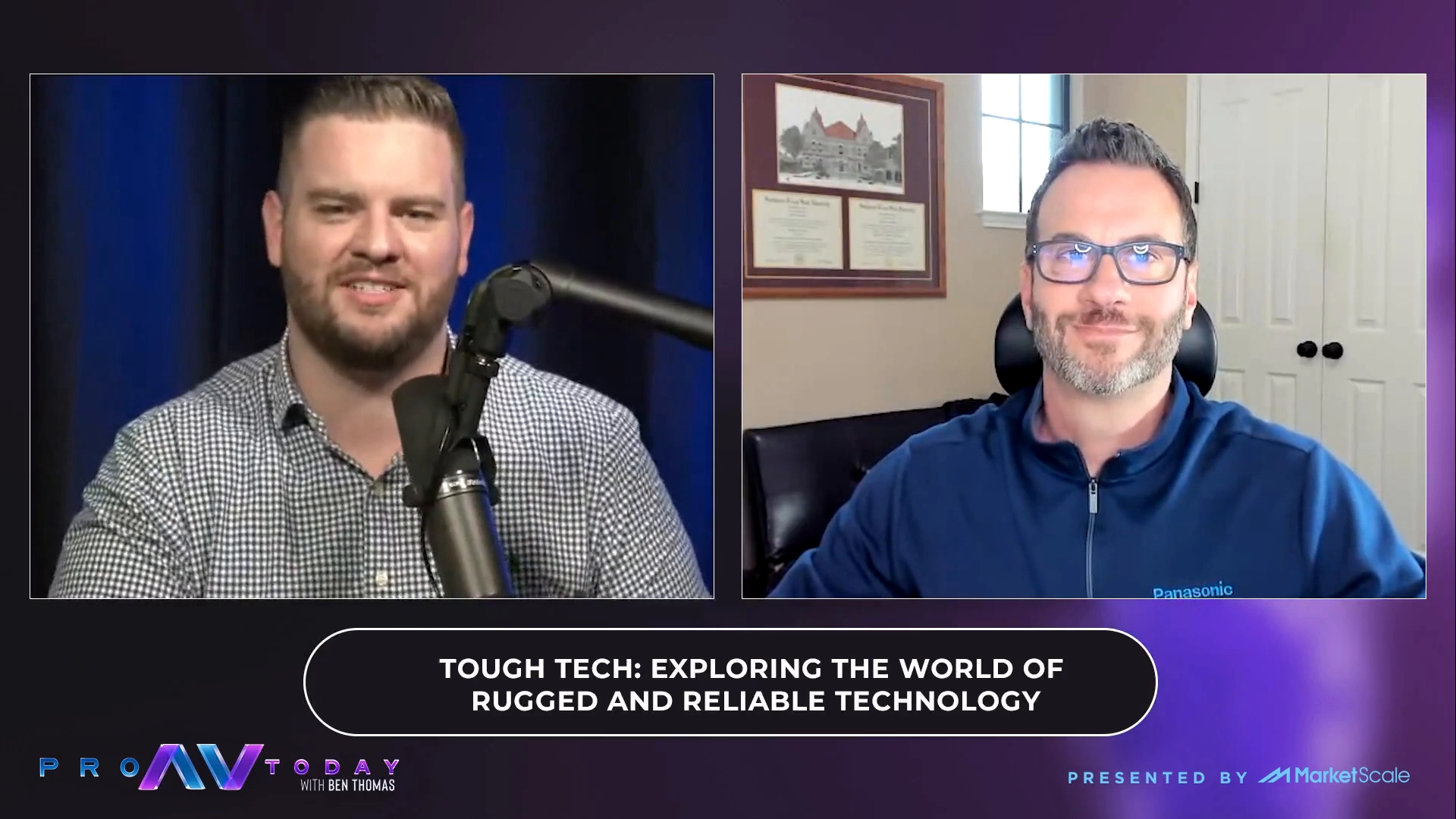OpenAI has unveiled its Voice Engine technology that can clone a person’s voice using just 15 seconds of recorded speech. However, despite filing a trademark application for the name, the company stated that it will not release the technology publicly due to safety concerns. OpenAI plans to share the technology with early testers but not widely release it at this time to prevent misuse.
The speech recognition and digital voice assistant business is an area of interest for OpenAI, but the technology is not yet available to the public. Improving this technology could potentially allow OpenAI to compete with other voice products like Amazon’s Alexa. OpenAI has a licensing and technology agreement with The Associated Press, providing them access to part of AP’s text archives.
OpenAI’s Voice Engine testers have agreed to only use the technology with consent and to disclose that the voices generated are AI-generated. This approach is similar to how OpenAI previously handled its video-generator Sora, which was announced but not widely released. There are already several startup companies offering voice-cloning technology to the public or select business customers, such as entertainment studios. However, OpenAI has expressed concern about potential misuse and has decided not to release the technology publicly at this time.

/cloudfront-eu-central-1.images.arcpublishing.com/prisa/6PCYWBT5HNGIBCP74GX6LHK74Y.jpg)
